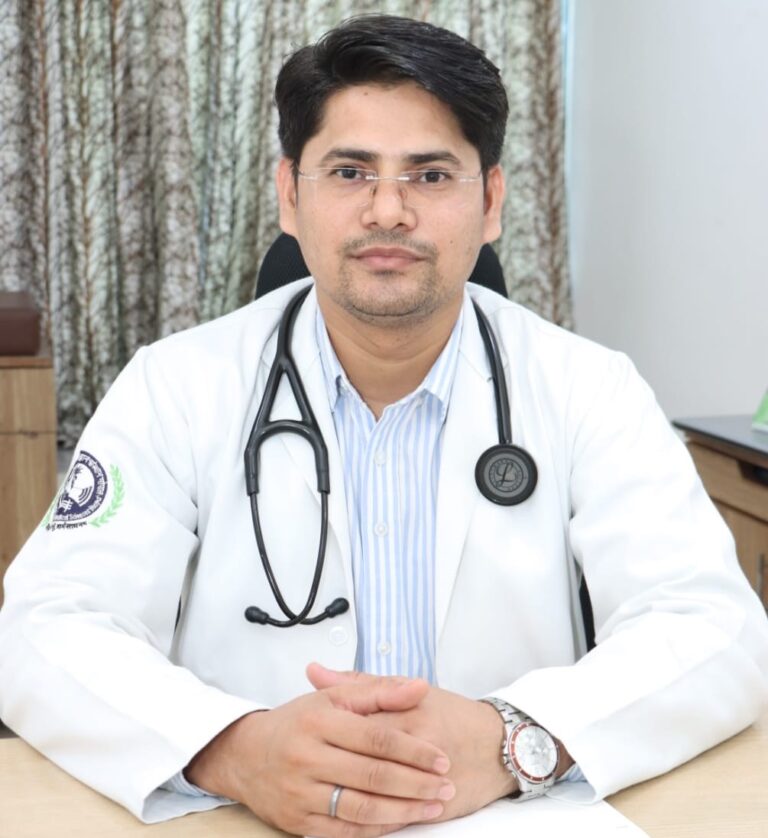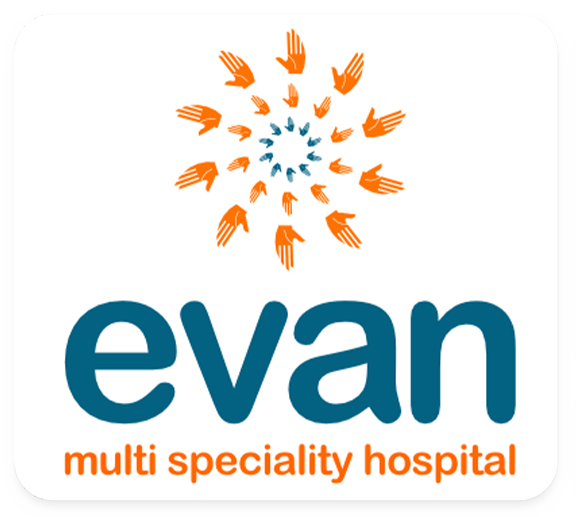diagnosis, treatment, and management of
The Respiratory System
The pulmonology department in Evan hospital specializes in the diagnosis, treatment, and management of diseases and conditions affecting the respiratory system, including the lungs and airways. Pulmonologists, respiratory therapists, and other healthcare professionals work together to provide comprehensive care for patients with acute and chronic respiratory issues. Here is a detailed description of the components and services typically found in a pulmonology department:
1. Pulmonary Consultation Services:
- Pulmonologists conduct initial consultations and evaluations for patients with respiratory symptoms or conditions such as chronic cough, shortness of breath, wheezing, and chest pain.
- They perform detailed assessments, review medical histories, and order diagnostic tests to diagnose and manage respiratory diseases.
2. Diagnostic Testing:
- The pulmonology department offers a wide range of diagnostic tests to evaluate lung function and diagnose respiratory conditions. These tests include:
- Spirometry: Measures lung function and airflow obstruction.
- Pulmonary Function Tests (PFTs): Comprehensive tests to assess lung volumes, capacities, and gas exchange.
- Bronchoscopy: A procedure using a flexible tube with a camera to examine the airways and collect tissue samples.
- Chest X-rays and CT Scans: Imaging studies to visualize lung structures and identify abnormalities.
- Arterial Blood Gas (ABG) Analysis: Measures oxygen and carbon dioxide levels in the blood to assess respiratory function.
3. Treatment and Management:
- Pulmonologists develop individualized treatment plans for patients with respiratory conditions such as asthma, chronic obstructive pulmonary disease (COPD), interstitial lung disease, pulmonary hypertension, and lung infections.
- Treatment options may include medications (inhalers, antibiotics, bronchodilators, corticosteroids), pulmonary rehabilitation, oxygen therapy, and lifestyle modifications.
4. Critical Care and Intensive Care Unit (ICU) Services:
- Pulmonologists often manage patients with severe respiratory illnesses in the ICU, providing advanced respiratory support and monitoring.
- They perform and oversee mechanical ventilation, non-invasive ventilation (CPAP/BiPAP), and extracorporeal membrane oxygenation (ECMO) for critically ill patients.
5. Interventional Pulmonology:
- Interventional pulmonologists perform minimally invasive procedures to diagnose and treat complex respiratory conditions. These procedures include:
- Endobronchial Ultrasound (EBUS): A bronchoscopy technique with ultrasound to guide needle biopsies of lymph nodes and lung masses.
- Navigational Bronchoscopy: Uses advanced imaging to guide bronchoscopy to peripheral lung lesions.
- Pleuroscopy: Examination and treatment of the pleural cavity, including pleurodesis for recurrent pleural effusions.
- Airway Stenting: Placement of stents to open narrowed or obstructed airways.
6. Sleep Medicine:
- Many pulmonology departments include sleep medicine services to diagnose and treat sleep-related breathing disorders such as obstructive sleep apnea (OSA).
- Sleep specialists conduct sleep studies (polysomnography) and offer treatments like CPAP therapy, lifestyle changes, and surgical options for sleep apnea.
7. Pulmonary Rehabilitation:
- Pulmonary rehabilitation programs help patients with chronic respiratory diseases improve their physical conditioning, reduce symptoms, and enhance their quality of life.
- These programs include supervised exercise training, breathing exercises, nutritional counseling, and education on disease management.
8. Lung Cancer Screening and Management:
- Pulmonologists are involved in lung cancer screening programs for high-risk individuals, typically using low-dose CT scans.
- They collaborate with oncologists, thoracic surgeons, and radiologists to provide comprehensive care for lung cancer patients, including diagnostic evaluation, biopsy, staging, and treatment planning.
9. Allergy and Immunology Services:
- Some pulmonology departments offer allergy and immunology services to diagnose and manage allergic respiratory conditions such as allergic rhinitis, asthma, and hypersensitivity pneumonitis.
- Allergy testing, immunotherapy (allergy shots), and patient education are part of the services provided.
10. Research and Education:
- Pulmonology departments are often involved in clinical research to advance the understanding and treatment of respiratory diseases.
- They conduct clinical trials, epidemiological studies, and translational research to develop new therapies and improve patient outcomes.
- Pulmonology departments also play a role in medical education, training medical students, residents, and fellows through academic programs, clinical rotations, and continuing medical education initiatives.
Overall, the pulmonology department in hospitals is dedicated to providing comprehensive and specialized care for patients with respiratory conditions, improving their lung health, and enhancing their overall quality of life through advanced diagnostic techniques, personalized treatment plans, and collaborative care.

Pulmonology
